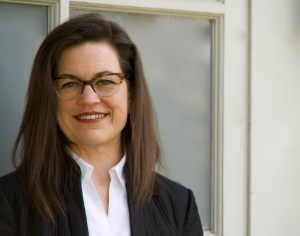“I would not change my son for the world, so I will change the world for my son”
–Keivan Stassun, director of the Frist Center for Autism and Innovation at Vanderbilt
COVID-19 ANNOUNCEMENT: I am now fully immunized, and am offering in person appointments to those who feel they can do so safely. The office is ventilated to the outside and toys and materials are cleaned between each use.
When all parties are fully vaccinated, we can meet unmasked, otherwise, therapy will be held with masking and abiding by the CDC’s recommendation for schools (three feet of social distancing).
Telehealth appointments will continue to be offered to all clients who wish to meet remotely. All efforts will be made to support clients of all ages, including offering twice weekly half-hour sessions for youngest clients, mailing of hands-on materials when helpful, and three-way calls to include family members in multiple locations.
The good news is that even my youngest clients have shown great adaptability in adjusting to a new kind of therapy delivery in this time of our “new normal” as we find solidarity in working together as a society meet a greater health threat than we have ever faced. I am inspired by you all.
Theories of Mind is accepting new clients as space allows (yes there is still a waiting list).
About me:
Theories of Mind is a counseling practice that offers therapy for children, teens, and adults, as well as parent coaching and academic advocacy for young people and their families.
I work with children and teens and their families to promote behavioral health, quality of life, academic success, and lifelong learning and growth. I specialize in supporting neurodiverse clients of all ages and their families.
I see families, individuals, and parents adjusting to the challenges of raising kids with learning and developmental differences such as autism, ADHD, auditory processing disorder, and language disorders.
I also welcome young adults and adults dealing with issues of depression, anxiety, loss, identity, sexual orientation, grief, and attachment.
I use a variety of interventions including expressive therapies (especially sandplay therapy) as well as cognitive and behavioral approaches.

